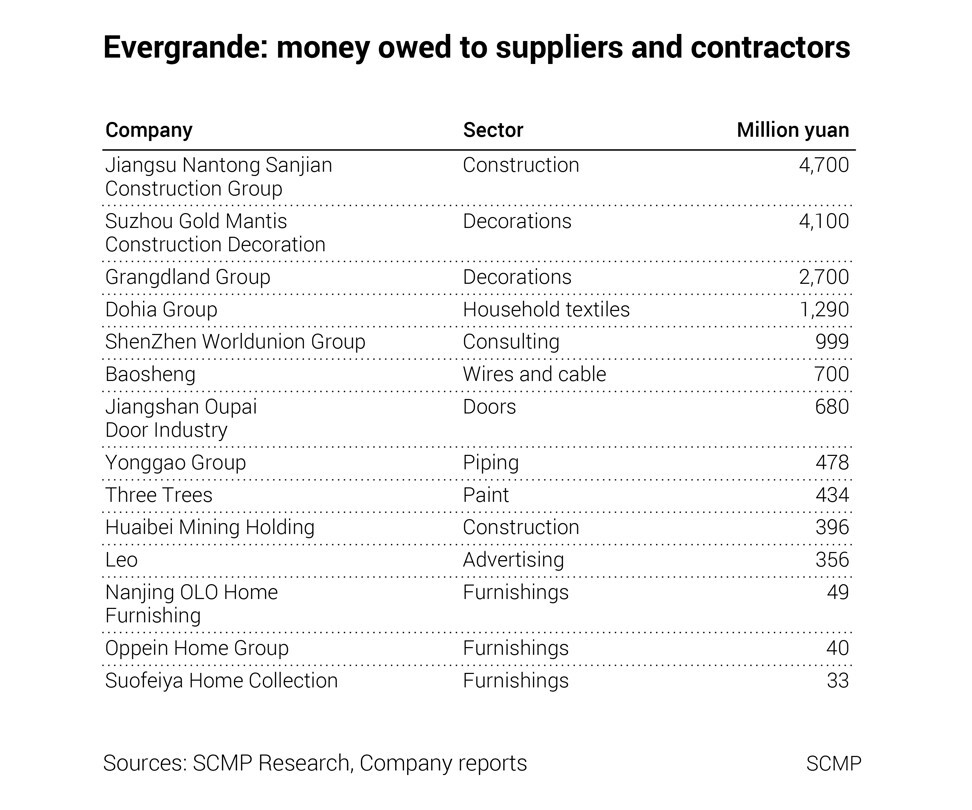
Evergrande’s fire sale continues as founder Hui Ka-yan disposes of corporate and personal assets to avert defaulting on debt
- Evergrande last week sold the Dutch electric motor maker e-Traction to Saietta Group at a 97 per cent discount to its 2019 purchase price
- With more than US$300 billion in total liabilities, Evergrande has so far averted default three times, coming up with capital to pay its overdue coupons and interests
Hui Ka-yan, founder and chairman of China Evergrande Group, has stepped up the disposal of his corporate and personal assets to help the world’s most indebted developer stave off defaults as the company faces US$366 million of interest payments this year.
That included the Dutch electric motor maker e-Traction, sold last week to Saietta Group based in the UK last week for €2 million (US$2.3 million), a staggering 97 per cent discount on the March 2019 purchase price of 500 million yuan (US$78.4 million).
Evergrande, with more than US$300 billion in total liabilities, has so far averted default three times, as it came up with capital to pay its overdue coupons and interests. Still, it must convert more assets into cash, as its bank borrowings dried up after the developer breached the Chinese central bank’s tough limits on indebtedness.
The Shenzhen-based developer had gone on a debt-fuelled acquisition binge since 2017, expanding from its core real estate into bottled water, health care, financial products and the capital intensive business of assembling electric cars. The company even owns a professional football team.
Another deadline looms in early December, when Evergrande must pay US$82.5 million in overdue interest payments on offshore debt it missed last week, while another US$29 million in coupon payment is due on December 5 on its onshore debt
Hui has injected more than 7 billion yuan in cash from the disposal of personal assets and share pledges to boost the firm’s liquidity, according to China Business News, citing unidentified people close to the matter.
In the past two weeks, Hui mortgaged three of his luxury houses on The Peak in Hong Kong, the city’s most expensive address, according to reports in the Chinese media.
It is unclear how much Hui received, but each of the homes measuring 5,000 square feet (464 square metres), is valued at more than HK$800 million (US$102.7 million).
Meanwhile, the tycoon, ranked as Asia‘s wealthiest man in 2017 has raised US$50 million last month through selling two of his private jets, according to The Wall Street Journal.



